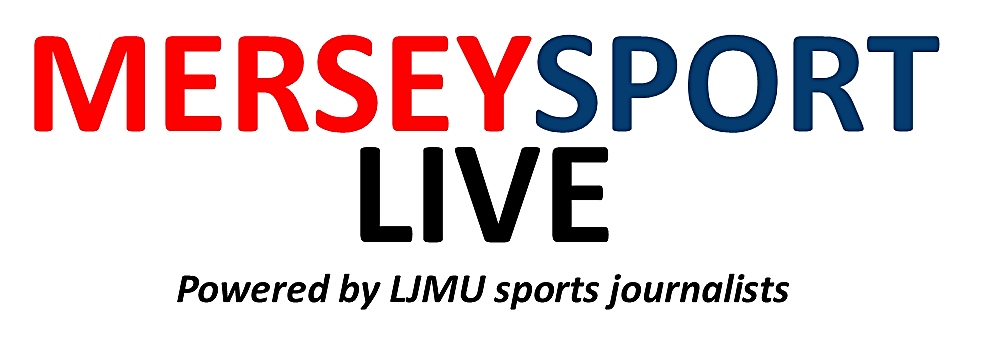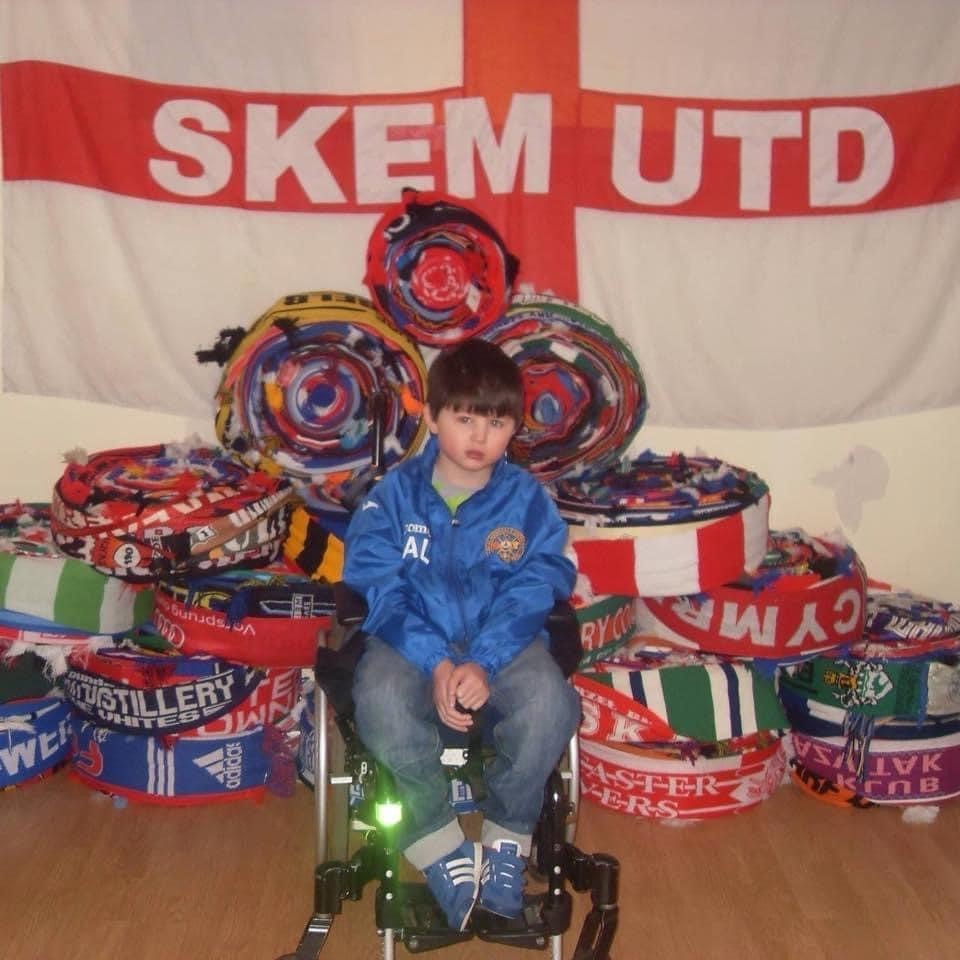It’s January 2021 and on the BBC iPlayer and the BBC sport website, the world’s most popular video game is being streamed live.
The “League of Legends UK Championships” had its entire 16-day tournament streamed live to the masses as eight teams including Demise, Enclave, Resolve and Barrage E-Sports Academy battled for the crown.
Months before, BBC Three put together a sports documentary series charting the daily rigours and experiences of UK based team Excel.
Corporations like the BBC taking on Esports and broadcasting them on their platform appears to be a defining moment.
There is a growing appetite for Esports to be shown as it continues to shift into the consciousness of mainstream media.
However, as professional gamers, twitch streamers and Youtube personalities begin to ride the increasing popularity of gaming, simultaneously university Esports teams are battling to keep their teams together in a Covid-19 dominated landscape.
Merseysportlive spoke exclusively to Jack Poynton, President of the Liverpool Arctic Foxes and University of Liverpool Gaming Society about their season, battling the pandemic, and what the future holds for Esports.
The Liverpool Arctic Foxes
The Liverpool Arctic Foxes is the name given to the number one team out of the University of Liverpool gaming society.
Competing in tournaments within the National Student Esports (NSE) and the National University Esports League (NUEL) the team plays a range of games from League of Legends, Rainbow Six Siege and Overwatch amongst others.
The team has been largely successful, with the number one side regularly finishing in the top 8 for League of Legends.
They also finished 8th in Rainbow 6 Siege, 3rd in the NUEL Winter Split alongside 60th and 80th finishes in Overwatch for the second and first teams respectively.
The society aims to put together a number of teams with a varying skill base.
Casual gamers and competitive gamers join based on their rank (in game skill level) and are assigned a team based upon that and their relationships with fellow gamers.
However since the Pandemic, Jack says there has been a decline in the amount of players coming forward: “There has been a real lull in the interest of the games, because of covid really”.
Typically the society would have nine League of Legends teams including the top team the Arctic Foxes. That number had recently dipped to only three and last semester fell again to one.
He explains how this is largely to do with an inability for students to be on campus in Liverpool and to bond together over gaming events.
“We have noticed less people have wanted to play the game. It’s helped (the popularity) by having in-person events. We had loads of League of Legends events in person, and Overwatch, Rainbow Six Siege, so we would have these people coming in from all over the campus and city”.
“We would play these games together. People have struggled to build those bonds with players and members of the society. We aren’t able to do those things we used to do.”
Jack went on to say they are usually able to set up game nights which allow for players and members of the society to bond over a range of different games, but the inability to have these scheduled has had a detrimental effect on take-ups.
“It is far more complicated to setup a game night now for everybody rather than before. In the past we would have 8 stations around the room of fighting games, Mario Kart, and then we would have our tournaments.”
Without these in person events, all the rigours of online organisation such as internet issues, timeframes have meant that the uptake for the society has been in decline since the pandemic began.
Discord, Twitch and Parasocial Relationships
However a key tool for keeping the University Esports community alive with a lack of physical contact has been Discord.
Discord offers a virtual space for instant messaging, audio, video and sharing of media files in specific communities called ‘servers’.
These ‘servers’ are often full of people with similar interests. This could be playing the same game, to more niche ones like the type of class or profession somebody plays within a specific game.
With this available to them, it means the society and the Arctic Foxes have been able to stay in contact and bond through Discord something Jack says they have taken full advantage of.
“It is so rich with community, that you can find anybody that does anything similar to you in it.”
“When it comes to us, our society server has chats, 1000’s of messages, game nights, meet-ups, it’s a fantastic place for people to reminisce about fun things they’ve done with their mates.”
According to Jack, without Discord being a regular feature in his life, he feels dealing with the pandemic would have been much harder.
“That’s what I like, every night of the week I’m on discord with friends. If that wasn’t there, the pandemic would have been so much more difficult for a lot of people.”
The same can be said for Twitch. The streaming service has allowed people to experience playing games vicariously whilst being apart of a community that follows a particular streamer.
“Having someone there, no matter how big or small, you can sit and connect with, even on a para-social level is really important now, I think that they are the perfect tools to get through this.”
The process of following someone who appears ever present, providing interest or humour has really helped people through the pandemic.
Grassroots Gaming
So what is it that Esports can do on a micro, more casual level to expand its reach and popularity amongst casual or start up players?
Jack suggests the transition into a more mainstream and accepted brand of sport means Esports has to become more accessible on a competitive, yet engaging level for all skill bases.
In essence, it needs to cultivate a grassroots scene similar to that of more traditional sports like football, rugby and cricket.
“It opens the door up for things that isn’t so rigid or in place”.
“You could get bunch of gold players to play some tournament games, I guarantee it would be a lot more fun to watch because nobody is perfect”.
There will always be the appetite for professional games and its viewership, but having the opportunity to play at a level for you that is competitive, yet not overwhelming, and more importantly than all, fun and engaging is vital.
He goes on to say that watching professional players is still engaging, but there is nothing more entertaining than watching people of a similar level.
“I like watching pro players as It’s an aspiration to be as good as them. Although there is nothing funnier to me than watching someone who knows about as much as me playing properly.”
“It’s about bringing it down to a level where you could, if you wanted to, go and do that. That’s where the fun is.”
The Next Five Years
Jack gave his estimations on how in the next five years there could be a shift on a number of fronts. He said that mainstream media need to accept that there may not be an initial return on their investment, but over time there could be a real boom.
“I see it going either one of two ways, either completely tanking with mainstream media or TV media ignoring it as they don’t see the initial return on their investment in it. Or they stick it out, show tournaments every week regardless of interest and over time you could see a real huge boom in it”.
The President of the society also stated he believes there needs to be a mentality shift amongst some people as to what constitutes sport to allow it to grow.
“Sports is so ingrained in our society. So anything that makes sports not sports is immediately the enemy. It’s about traditional views of sports being the problem”.
The traditional, archaic viewpoint of sport, with a ball, outside or inside with high levels of physical excursion has to not be affected by what Esports is.
That ongoing model has to accept that Esports is all of those things, it is mentally and physically stressing, with the only difference being the game happens online.
Finally Jack believes there will be a shift toward the gradual supporting of Esports teams over particular players and personalities, in a similar vein to traditional sports like football and rugby.
“I think with the currant way the Esports teams are marketing themselves, it is going to be about the teams like Fanatic, G2, or Cloud9.”
“The way teams are marketing themselves, following a team is going to happen more and more”.
Speaking to Jack it ultimately seems as if Esports is on an upward trajectory.
Both in terms of popularity and appetite for professional gaming, alongside localised societies and casual players.
The pandemic has proved tricky for many, but what it has taken away in physical bonding, it has given back with the booming of online communities, dedicated to their craft.
Esports will only grow in stature the more exposure it gets, the more assessable it becomes, and the more it begins to be appreciated for the engaging, entertaining and ultimately skilled entity that it is.















